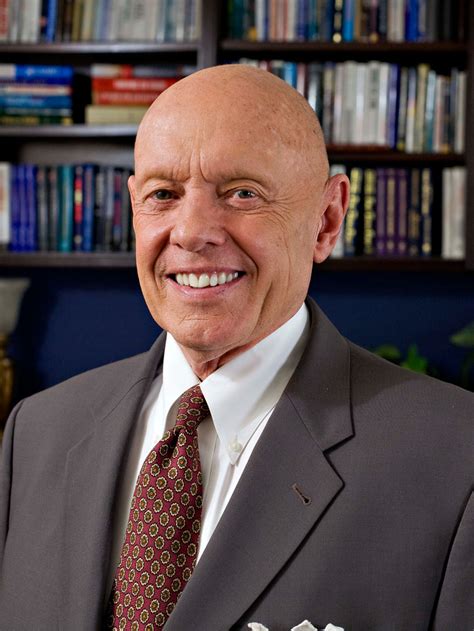A Quote by Thomas Aquinas
What can be accomplished by a few principles is not effected by many. But it seems that everything we see in the world can be accounted for by other principles, supposing God did not exist. For all natural things can be reduced to one principle, which is nature, and all voluntary things can be reduced to one principle, which is human reason, or will. Therefore there is no need to suppose God's existence.
Related Quotes
Of the first philosophers, then, most thought the principles which were of the nature of matter were the only principles of all things. That of which all things that are consist, the first from which they come to be, the last into which they are resolved....this they say is the element and this is the principle of things.... yet they do not all agree as to the number and the nature of these principle is water.
Principles are what people have instead of God. To be a Christian means among other things to be willing if necessary to sacrifice even your highest principles for God's or your neighbour's sake the way a Christian pacifist must be willing to pick up a baseball bat if there's no other way to stop a man from savagely beating a child. Jesus didn't forgive his executioners on principle but because in some unimaginable way he was able to love them. 'Principle' is an even duller word than 'Religion'.
We see that God has implanted in all things a natural desire to exist with the fullest measure of existence that is compatible with their particular nature. To this end they are endowed with suitable faculties and activities; and by means of these there is in them a discernment that is natural and in keeping with the purpose of their knowledge, which ensures their natural inclination serving its purpose and being able to reach its fulfilment in that object towards which it is attracted by the weight of its own nature.
There is nothing so bad or so good that you will not find Englishmen doing it; but you will never find an Englishman in the wrong. He does everything on principle. He fights you on patriotic principles; he robs you on business principles; he enslaves you on imperial principles; he bullies you on manly principles; he supports his king on loyal principles and cuts off his king's head on republican principles.
To get salvation we must not only do some things, but everything which God has commanded...The object with me is to obey and teach others to obey God in just what he tells us to do. It mattereth not whether the principle is popular or unpopular; I will always maintain a true principle even if I stand alone in it.
Honesty is a principle. Service is a principle. Love is a principle. Hard work is a principle. Respect, gratitude, moderation, fairness, integrity, loyalty, and responsibility are principles. There are dozens and dozens more. They are not hard to identify. Just as a compass always points to true north, your heart will recognize true principles.
The human understanding is of its own nature prone to suppose the existence of more order and regularity in the world than it finds. And though there be many things in nature which are singular and unmatched, yet it devises for them parallels and conjugates and relatives which do not exist. Hence the fiction that all celestial bodies move in perfect circles, spirals and dragons being (except in name) utterly rejected.
There is a reductive nature to the Internet, and it's not limited to comic book news sites and stuff: it's everybody. There is a reductive nature of it, by which anything that's said very quickly gets reduced down to the next. Reduced, reduced, reduced to the point where rumors with some sense of nuance to them just become fact.
We are not to renounce our senses and experience, nor (that which is the undoubted Word of God) our natural Reason. For they are the talents which he hath put into our hands to negotiate, till the coming again of our blessed savior, and therefore not to be folded up in the napkin of an implicate faith, but employed in the purchase of justice, peace, and true religion. For though there be many things in God's Word above Reason--that is to say, which cannot by natural reason be either demonstrated or confuted--yet there is nothing contrary to it.
We profess to teach the principles and practice of medicine, or, in other words, the science and art of medicine. Science is knowledge reduced to principles; art is knowledge reduced to practice. The knowing and doing, however, are distinct. ... Your knowledge, therefore, is useless unless you cultivate the art of healing. Unfortunately, the scientific man very often has the least amount of art, and he is totally unsuccessful in practice; and, on the other hand, there may be much art based on an infinitesimal amount of knowledge, and yet it is sufficient to make its cultivator eminent.




































